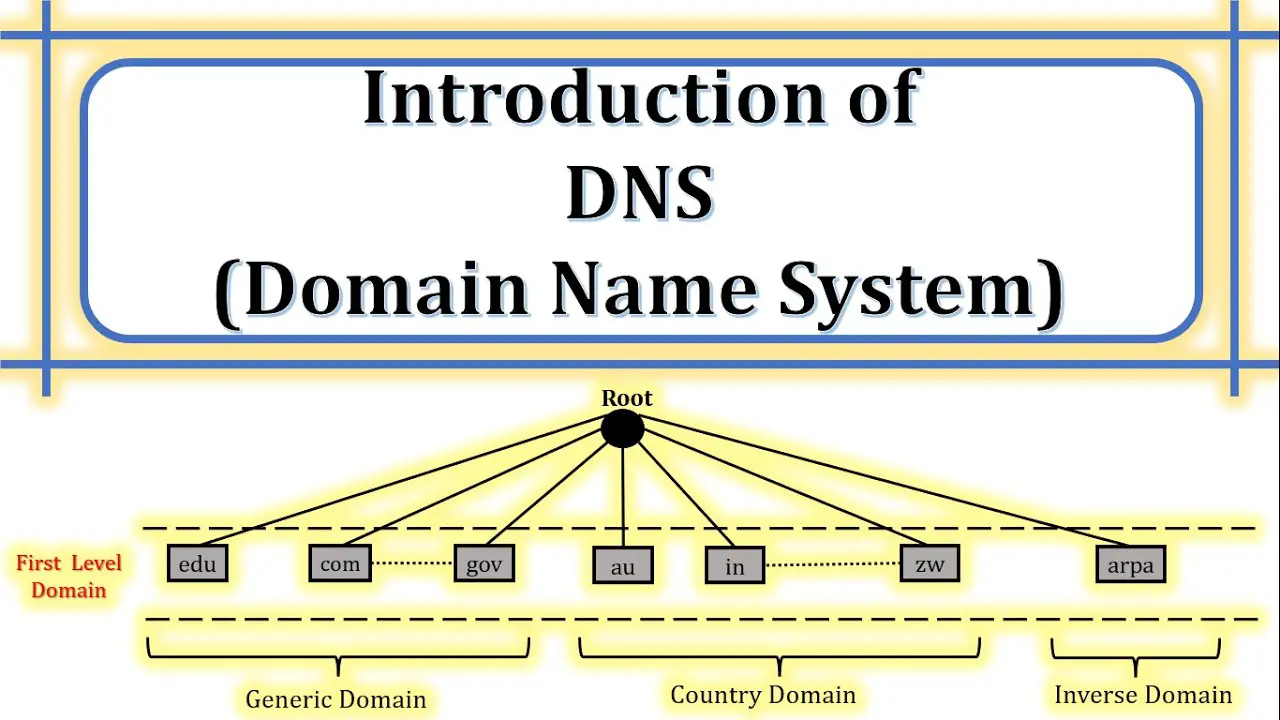Exploring the Wide Spectrum of Computer Coding and Programming Jobs
In today’s digital age, the demand for computer and programming professionals has reached unprecedented levels. The rapid advancement of technology has created a diverse landscape of job opportunities for those with a passion for computers and coding. In this article, we will delve into the various types of computer and programming jobs that have emerged in recent years, highlighting their roles, responsibilities, and the skills required for success in each field.
- Software Developer
Software developers are the architects behind the applications and systems that drive our digital world. They design, develop, and maintain software programs, applications, and websites. This field encompasses various specializations, such as:
a. Web Developer: Web developers focus on creating websites and web applications. They are proficient in HTML, CSS, JavaScript, and various web development frameworks.
b. Mobile App Developer: Mobile app developers design and build applications for smartphones and tablets. They often specialize in iOS (Apple) or Android (Google) development.
c. Backend Developer: Backend developers work on the server-side of applications, managing databases, servers, and APIs. They use programming languages like Python, Java, or Ruby.
d. Frontend Developer: Frontend developers are responsible for the user interface and user experience of websites and applications. They work with HTML, CSS, and JavaScript to create visually appealing and responsive designs.
e. Full-Stack Developer: Full-stack developers possess both frontend and backend development skills, making them versatile professionals capable of handling entire projects.
2. Data Scientist
Data scientists analyze and interpret vast amounts of data to extract valuable insights. They use statistical analysis and machine learning techniques to solve complex problems and make data-driven decisions. Skills required for this role include data analysis, programming (Python, R), and knowledge of data visualization tools.
3. Artificial Intelligence (AI) and Machine Learning Engineer
AI and machine learning engineers specialize in creating algorithms and models that enable machines to learn from data and make predictions. They work with neural networks, deep learning frameworks (e.g., TensorFlow, PyTorch), and large datasets. This field is at the forefront of technology, driving innovations like autonomous vehicles and personalized recommendation systems.
4. Cybersecurity Analyst
In an era where cyber threats are omnipresent, cybersecurity analysts play a critical role in protecting digital assets. They monitor networks, detect vulnerabilities, and implement security measures to safeguard organizations from cyberattacks. Cybersecurity professionals need expertise in network security, cryptography, and knowledge of hacking techniques to stay one step ahead of cybercriminals.
5.DevOps Engineer
DevOps (Development and Operations) engineers bridge the gap between software development and IT operations. They automate and streamline the software delivery process, ensuring faster and more reliable deployments. DevOps engineers work with tools like Docker, Kubernetes, and continuous integration/continuous deployment (CI/CD) pipelines.
6. Cloud Architect
With the rise of cloud computing, cloud architects have become indispensable. They design and manage cloud infrastructure for organizations, selecting the right cloud services and ensuring scalability, security, and cost-efficiency. Proficiency in cloud platforms like AWS, Azure, or Google Cloud is essential.
7. Database Administrator
Database administrators (DBAs) oversee the storage and retrieval of data in organizations. They manage databases, ensure data integrity, and optimize database performance. Knowledge of SQL, database management systems (e.g., MySQL, PostgreSQL, Oracle), and data modeling is crucial in this role.
8. Game Developer
Game developers create interactive and immersive experiences for gamers. They work on game design, graphics, animation, and programming to bring games to life. This field combines technical and creative skills, making it an exciting career choice for those passionate about gaming.
9. Embedded Systems Engineer
Embedded systems engineers design and develop specialized computer systems that are integrated into everyday devices and machinery. These systems can be found in everything from cars and medical devices to home appliances and industrial equipment. Knowledge of programming languages like C and C++ is essential in this field.
10. Robotics Engineer
Robotics engineers design and build robots for various applications, including manufacturing, healthcare, and space exploration. They work on hardware, software, and control systems to create robots that can perform tasks autonomously or with human guidance.
11.Data Analyst
Data analysts focus on analyzing and interpreting data to help organizations make informed decisions. They use statistical techniques, data visualization tools, and programming languages like Python and R to extract insights from data.
12. Quality Assurance (QA) Engineer
QA engineers ensure that software and applications meet quality standards and are free from defects. They perform testing, identify bugs, and work closely with developers to resolve issues before software is released to users. QA professionals need strong attention to detail and the ability to write test scripts.
13. IT Support Specialist
IT support specialists provide technical assistance to end-users and organizations. They troubleshoot hardware and software issues, install and configure computer systems, and maintain IT infrastructure. Excellent communication and problem-solving skills are crucial for this role.
14. Network Engineer
Network engineers design, implement, and manage computer networks for organizations. They ensure that data can flow seamlessly between devices and systems while maintaining security and performance. Knowledge of network protocols and hardware is essential.
15. Software Development Manager
Software development managers oversee software development teams, ensuring that projects are completed on time and within budget. They collaborate with stakeholders, set project priorities, and make strategic decisions to drive the success of software projects.
Conclusion
The world of computer and programming jobs is vast and continually evolving. As technology advances, new roles and specializations emerge, creating exciting opportunities for those with a passion for computers and coding. Whether you’re interested in software development, data science, cybersecurity, or any other field in this diverse ecosystem, there is a path for you to explore and excel in the digital age. The key to success in these careers lies in continuous learning, adaptability, and a genuine enthusiasm for the ever-changing world of technology.
FAQs:
Here are some frequently asked questions (FAQs) about computer coding and programming jobs:
- What is computer coding and programming?
- Computer coding and programming involve writing instructions (code) for computers to perform specific tasks. It’s the process of designing, creating, and maintaining software and applications.
- What qualifications are needed for a coding or programming job?
- Typically, a bachelor’s degree in computer science or a related field is preferred, but not always required. Many employers also value practical coding skills, problem-solving abilities, and relevant certifications.
- What programming languages should I learn?
- The choice of programming languages depends on your career goals and the type of projects you want to work on. Some popular languages include Python, Java, JavaScript, C++, and Ruby.
- What skills are important for a coding job?
- Key skills include problem-solving, logical thinking, attention to detail, debugging, algorithm design, and the ability to work with databases, frameworks, and version control systems.
- What types of programming jobs are available?
- Programming jobs vary widely. You can work as a web developer, software engineer, mobile app developer, data analyst, game developer, or even in specialized fields like artificial intelligence or cybersecurity.
- How do I find a coding job?
- You can search for job openings on job boards, company websites, and professional networking platforms like LinkedIn. Networking, attending tech conferences, and participating in coding communities can also help.
- Is coding a good career choice?
- Coding can be a rewarding career choice with high demand and competitive salaries. However, it requires continuous learning and adaptation to stay current in the field.
- Do I need to know math to be a programmer?
- While math can be helpful, not all programming roles require advanced mathematical skills. Basic math, especially algebra and logic, is usually sufficient for many programming jobs.
- What is the typical salary for a programmer?
- Salaries can vary greatly based on factors like location, experience, and the specific role. In general, programmers can earn competitive salaries, often well above the national average.
- What are the job prospects for programmers?
- The job prospects for programmers are generally favorable, as technology continues to advance and create new opportunities. However, the demand for specific programming languages and skills may vary.
- Is remote work common in programming jobs?
- Remote work has become more common in the programming industry, especially in roles like web development and software engineering. However, the extent of remote work depends on the employer and the nature of the work.
- How can I stay updated in the fast-paced field of programming?
- Staying updated requires continuous learning and professional development. You can take online courses, attend workshops, read tech blogs, and participate in coding communities to stay current.
Remember that the coding and programming field is vast and continuously evolving, so it’s essential to tailor your skills and career path to your interests and goals.







Leave a Reply